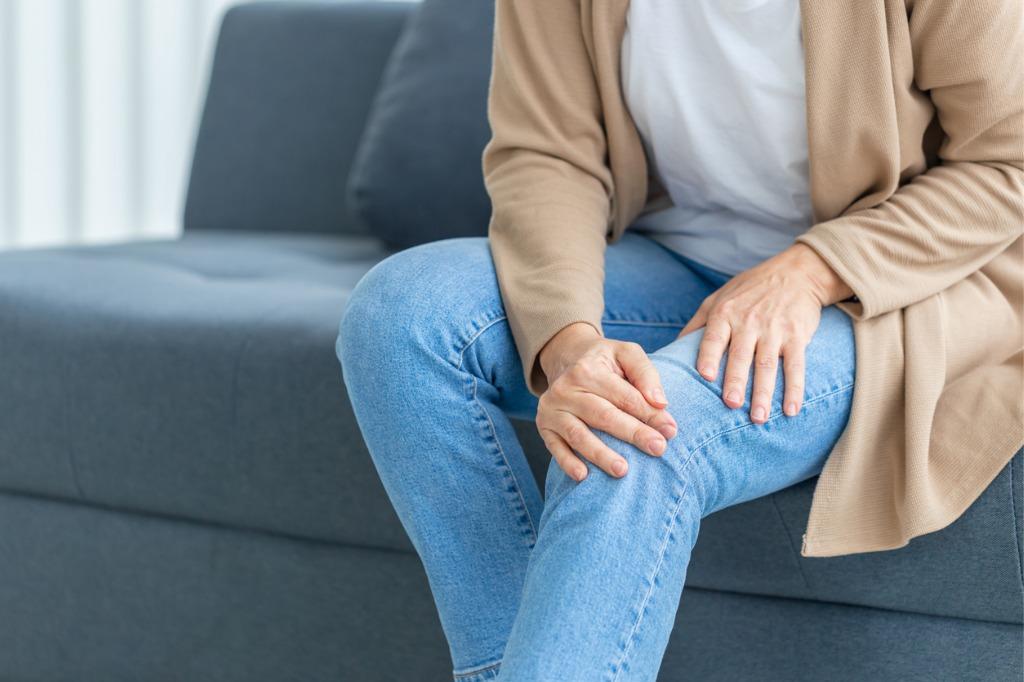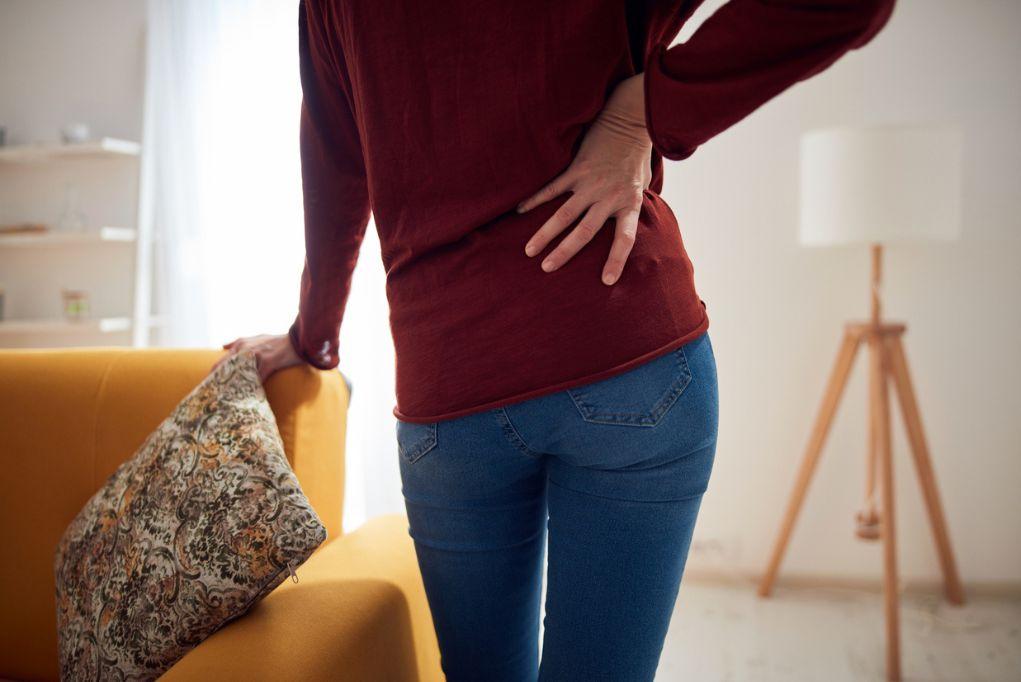What Causes a Popping Sound in the Knee?

A sudden pop or crack in the knee can be alarming. While sometimes it’s just a harmless noise, other times it might indicate an underlying issue. If you’re wondering what causes a popping sound in the knee, let’s dive into the various reasons and when it might be a cause for concern.
The Anatomy of a Knee Pop
The knee is a complex joint made up of bones, cartilage, ligaments, and tendons. A variety of factors can cause these components to produce a popping sound, ranging from natural movements to potential injuries.
Common Causes of Knee Popping
Cavitation
One of the most common reasons for joint noises is cavitation. When the joint moves, small bubbles of gas in the synovial fluid can burst, causing a popping or cracking sound. This is similar to the sound you hear when you crack your knuckles and is typically harmless.
Movement of Tendons and Ligaments
Sometimes, tendons or ligaments might snap over the bony structures of the knee, producing a popping sound. This can occur naturally with movement and doesn’t necessarily indicate a problem unless accompanied by pain or swelling.
Meniscal Tears
The menisci are pieces of cartilage that act as shock absorbers between the thigh bone (femur) and shin bone (tibia). A tear in the meniscus can cause a popping sensation, often accompanied by pain, swelling, and limited range of motion.
Knee Cap Movement
If the knee cap (patella) moves out of its natural groove, it can result in a popping or grinding noise, a condition known as patellar tracking disorder.
Arthritis
Osteoarthritis, the wear-and-tear type of arthritis, can cause the cartilage in the knee to wear down. This can lead to popping or cracking sounds, along with pain and stiffness.
When to Seek Medical Attention
While occasional knee popping without other symptoms is usually harmless, there are situations when it’s wise to consult a medical professional:
- The popping is accompanied by pain or swelling.
- The knee feels unstable or gives out.
- The popping sound occurs after a direct injury or trauma.
- There’s a limited range of motion in the knee.
- The popping is persistent and recurrent.
Prevention and Care
To maintain healthy knees and reduce the risk of injuries:
- Engage in regular exercise to strengthen the muscles around the knee.
- Maintain a healthy weight to reduce stress on the knees.
- Wear supportive footwear.
- Avoid repetitive strain on the knees.
Concerned About Your Knees? Contact Motion Orthopaedics
If you’re experiencing unusual sounds in your knee, especially if accompanied by other symptoms, don’t hesitate to reach out. The team at Motion Orthopaedics is here to provide expert care and guidance. Schedule an appointment with us today to ensure your knees remain in optimal shape.




